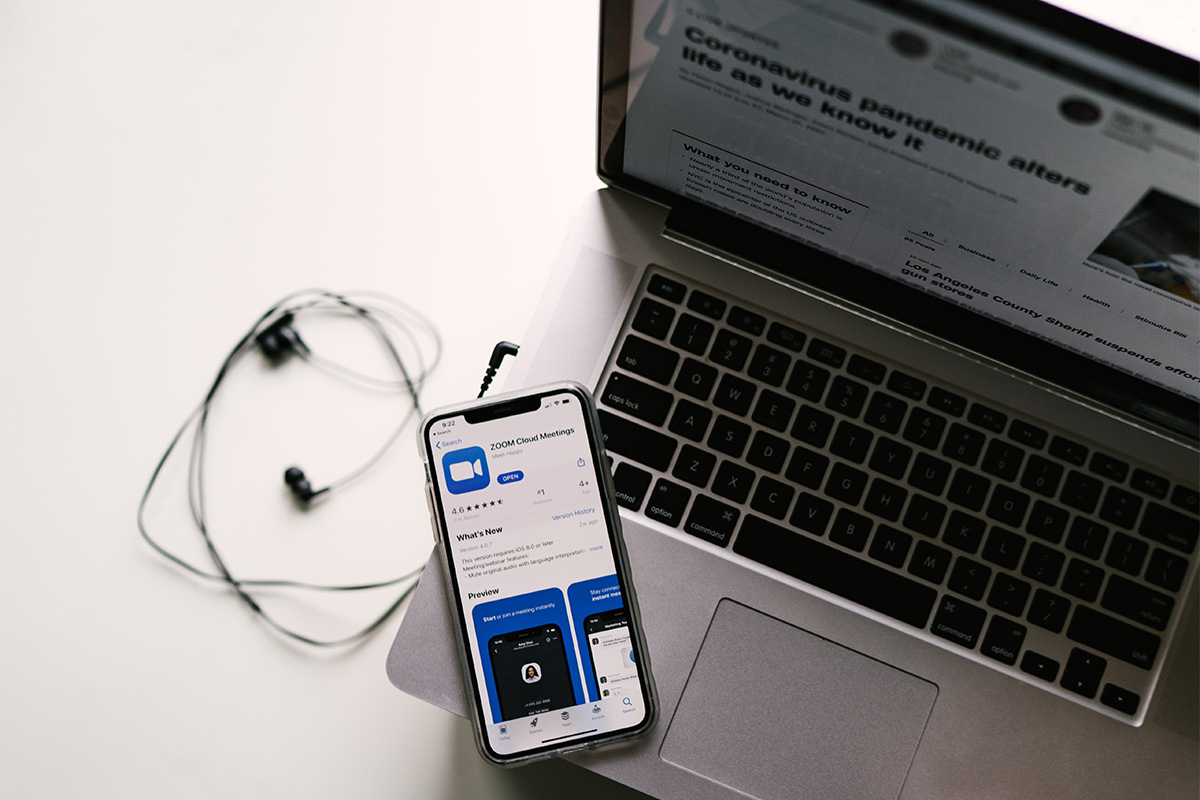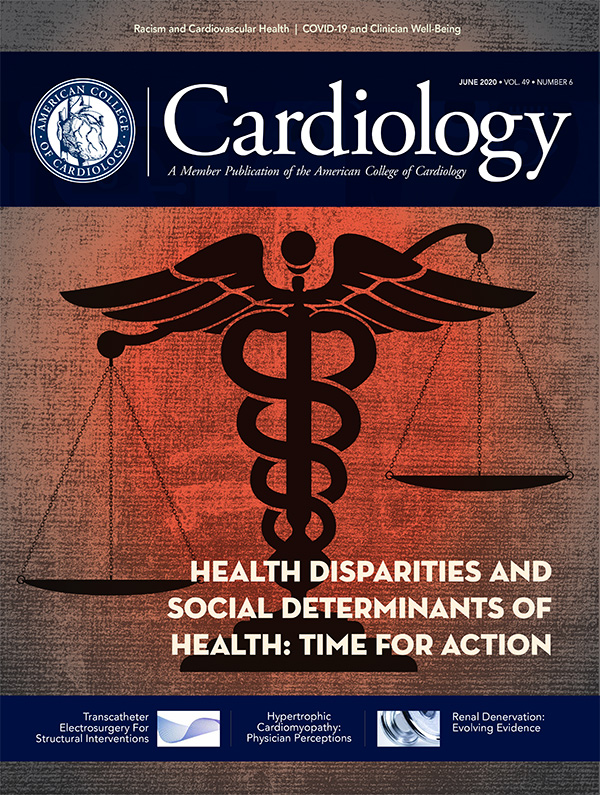Clinician Well-Being in the COVID-19 Era: Strategies to Reflect and Renew

In the midst of all the challenges that have emerged from the COVID-19 pandemic, self-care and well-being may be lost in the chaos and lack of clarity that many of us are experiencing at this time.
As clinicians, we are truly in a unique position – and now, possibly even more than ever, is the time to sustain focus on our own well-being in order to take on the emerging challenges that continue evolve in the health care environment.
The risk of burnout in this time of crisis is high. Emotional and physical exhaustion, depersonalization and low sense of accomplishment are features that characterize burnout as a syndrome. Furthermore, even prior to the emergence of the COVID-19 pandemic, 42% of physicians in the U.S. had reported experiencing burnout.
The accelerated pace of changes to patient care, outcomes and experience with mortality has tremendous potential to enhance the rates of burnout experienced by clinicians. Highlighted below are a few strategies to consistently incorporate into a schedule that can assist with tackling burnout and improve overall wellness.
Identify Your Outlet

Engage in activities that induce a sense of renewal and clarity. Remain consistent with a pre-established personal wellness activity such as exercise, yoga, meditation or a hobby, despite the increasing stressors and work hours.
Nurturing a positive relationship of self-understanding can be key to ease anxiety and stress management. Maintain awareness of self-care with establishing a healthy sleep schedule and eating habits, which are often neglected in times of crisis.
Communicate

Communicate often. The sense of personal and professional isolation from our loved ones and colleagues may appear amplified with social distancing measures. Fortunately, online audio-visual platforms can keep the lifeline of interpersonal communication active.
Formalizing a schedule to maintain routine communication with your support system can be hugely beneficial in managing work related and personal stressors. Social distancing does not equal social isolation.
Foster a supportive work environment: There is tremendous strength to be found in the collective experience in challenging times. Establishing a culture of supportive communication and solutions for shared struggles is essential to create a positive team dynamic and boost morale.
Furthermore, recognizing and celebrating even minor achievements and triumphs as a team can sustain a concerted effort in moving forward without feeling overwhelmed.
Creativity in administrative tasks

Various alternative strategies such as telehealth and phone visits have emerged as measure to continue outpatient follow up. Familiarizing yourself with telehealth platforms as well as troubleshooting patient access and internet connectivity prior to scheduled visits can minimize some of the frustrations that can arise in this somewhat uncharted territory.
Videoconferencing and internet chats are excellent avenues to network with other providers to collaborate for research and also further the knowledge base as more information becomes available for patient care.
Be cognizant that excess "video-chat meetings" has been identified as a potential source of work-place burnout. Some tips to avoid zoom fatigue include avoid multitasking during video conference meetings and limiting the number of video meetings.
Diastole

The pressure to stay updated on emerging evidence and management in itself can be overwhelming, particularly as information is constantly accessible. Email, text and notification reminders can induce "update fatigue" and reduce overall attentiveness.
Occasionally, stepping away and creating distance from updates, phones and social media can be restorative. Strategies such silencing or turning off phones for a period of time, albeit short, or finding a quiet space in the hospital can provide much needed Zen during the day.
Alternatively, digital apps like Ten percent happier, Headspace (offering free access to U.S. health care professionals in 2020), Sleepio and Talkspace can guide with emotional resilience, improved sleep and to connect with therapists. The ACC portal on clinician well-being during COVID-19 has informative resources, infographics and podcasts available here.
Establishing a multifaceted focus on wellbeing with constructive tactics and behaviors is essential to empower us with resilience to learn and continue to advance in this crisis as a community. Only then can we effectively support each other and care for the vulnerable patients that we took an oath to serve.



